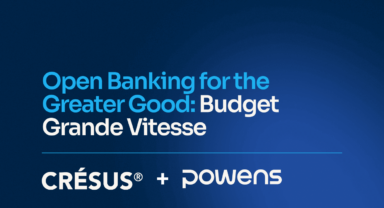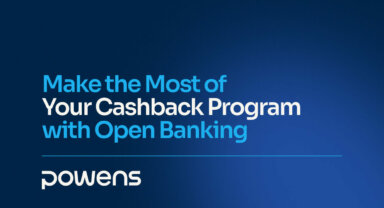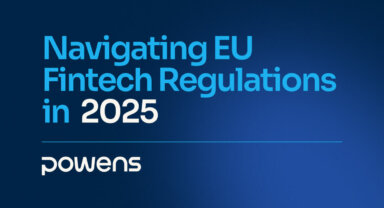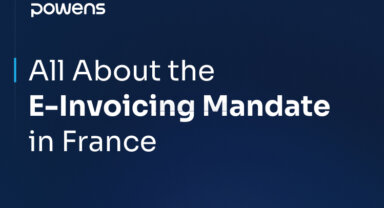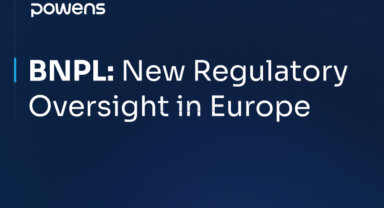The financial industry is no stranger to technological revolutions, and one of the latest transformative concepts that has sparked a paradigm shift in the way transactions are conducted is Open Banking. At its core, Open Banking represents an approach that utilizes Application Programming Interfaces (APIs) to grant third-party developers secure access to financial data. This fosters the development of innovative and efficient solutions in financial services, including payment and payment initiation services. Let’s delve deeper into this exciting Open Banking domain.
Open Banking: A New Era in Financial Services
Open Banking is a gateway for an array of cutting-edge financial services. By making use of APIs, third-party providers (TPPs) can harness the vast amounts of data held by banks, and create bespoke services that cater to a variety of customer needs. Two of the key services that have seen massive improvements due to Open Banking are Payment Services and Payment Initiation Services.
Reinventing Payment Services with Open Banking
The traditional payment service involves the transfer of funds from one account to another, either within the same bank or across different banks. However, Open Banking is revolutionizing this area by promoting interoperability and real-time transactions.
APIs permit TPPs to facilitate direct transactions from a user’s bank account, bypassing the need for credit or debit cards. This results in faster and more efficient transactions, as well as lower costs due to the absence of card-processing fees. By streamlining the payment process, Open Banking enhances the user experience and provides greater financial control to consumers.
A Deep Dive into Payment Initiation Services (PIS)
While Payment Services facilitate the transfer of funds, Payment Initiation Services take this a step further by allowing TPPs to initiate payments on behalf of the user, provided the user gives explicit consent. This service is particularly useful in e-commerce transactions, where the TPP can directly initiate the payment from the customer’s account to the merchant’s account.
PIS eliminates the need for intermediaries, such as card networks, leading to a reduction in transaction costs. Furthermore, it expedites the transaction process, resulting in quicker checkout times and a more seamless shopping experience for consumers.
The Advantageous Intersection of PIS and PSD2
Payment Initiation Services are given a robust framework under the Revised Payment Service Directive (PSD2) – a European regulation for electronic payment services. Under PSD2, banks are mandated to provide access to TPPs, which has bolstered the growth and development of PIS. As such, PSD2 has played a pivotal role in integrating PIS into mainstream financial transactions, fostering a more competitive and innovative payment ecosystem.
The Power of Open Banking in Future Transactions
Open Banking is setting the stage for future transaction methods that are faster, more transparent, and more user-centric. As consumers demand more control over their financial data and the way transactions are conducted, the role of APIs, Payment Services, and PIS will continue to grow. New-age services, such as request-to-pay solutions and cross-border transactions, are set to be the next frontier in this transformation.
The End Result?
Open Banking is truly revolutionizing the transaction landscape by redefining payment services and enabling innovative solutions such as Payment Initiation Services. The fusion of technology and finance has ushered in an era where transactional efficiency, transparency, and customer control take center stage. The amalgamation of Open Banking, APIs, TPPs, PIS, and PSD2 has initiated a powerful ripple in the financial industry, the effects of which will be felt in the evolution of global transaction methods. Indeed, Open Banking is poised to reshape the transactional world as we know it.
What can Open Banking do for your business?
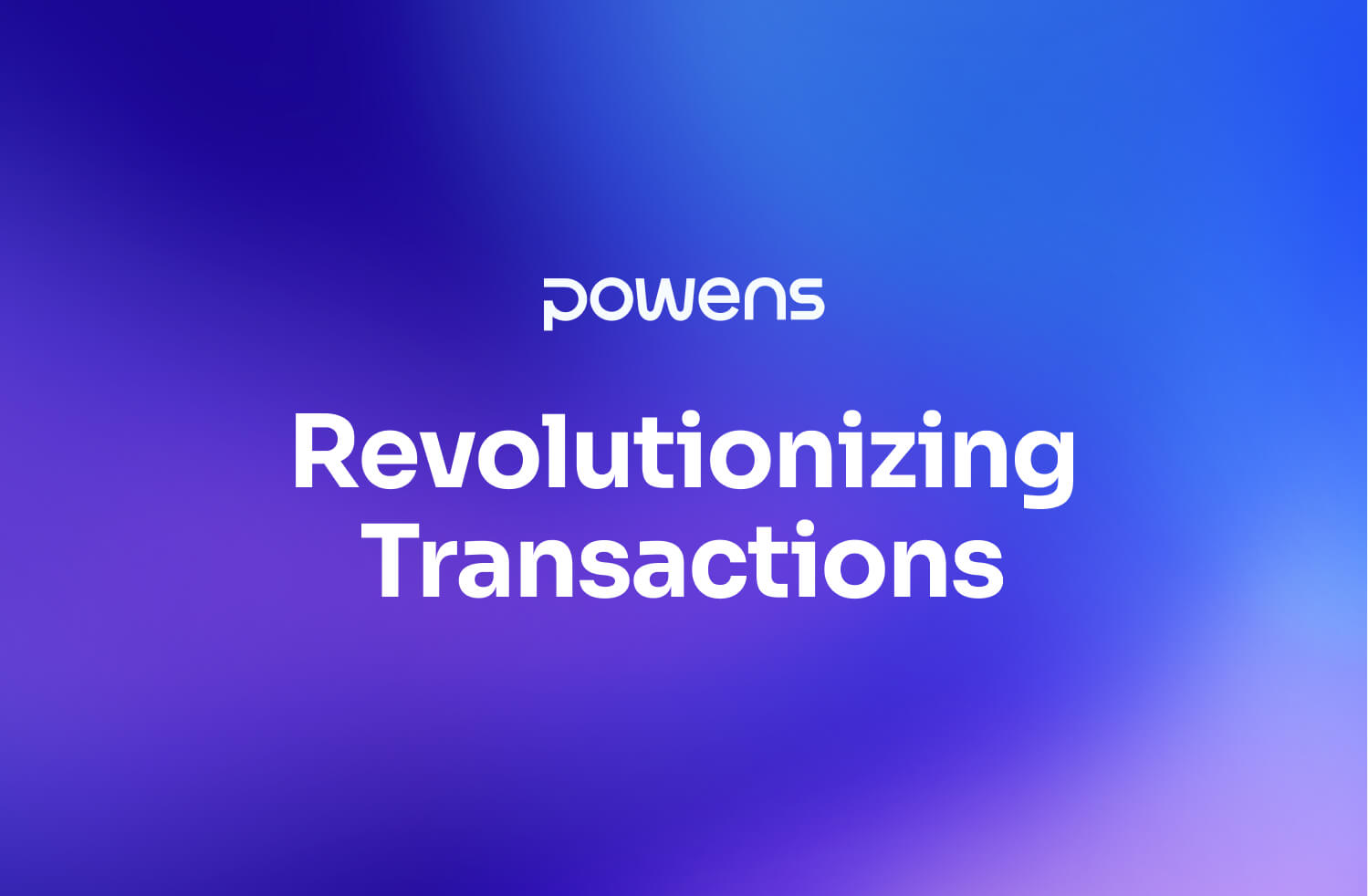
 Nov 05, 2023
Nov 05, 2023 



